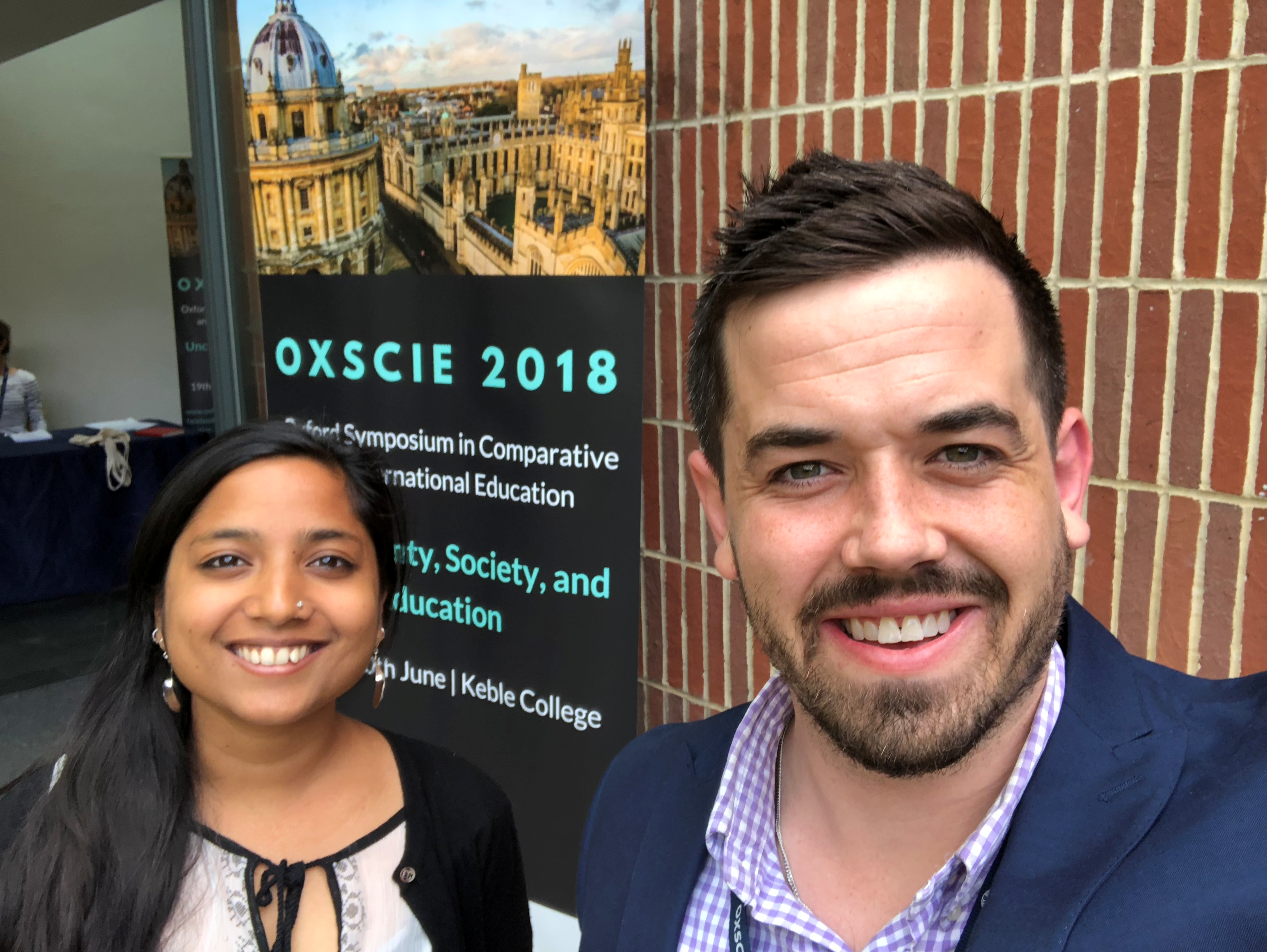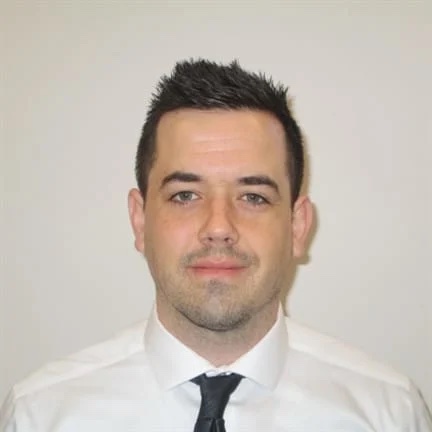
Michael Meaney wins education prize for his essay on Massive Open Online Courses.
If proper design considerations are made in creating future MOOC content, these institutions of higher education could make a momentous contribution to society by truly democratising learning.
Michael Meaney
A Gates Cambridge Scholar has won an essay prize at a prestigious conference at the University of Oxford and has been awarded the Oxford Scholarship in Comparative and International Education.
Michael Meaney submitted his essay on MOOCs [Massive Open Online Courses] to the 2nd Oxford Symposium in Comparative and International Education held in Oxford this week.
The theme this year was the complex intersections between education, uncertainty and the changing nature of society and entrants were asked ‘how can we, through education, best shape and sustain a society that is at once plural and cosmopolitan, prosperous and inclusive, fair and responsible, and cohesive?’
Some 150 delegates from around the world took part in the symposium. The event aimed to question what role education might play in the face of ever changing external influences that threaten the nature of society and the shared futures of citizens; what might be expected of teaching as social divisions increase; and how to better understand and document the transitional experiences of children and young people.
Some 650 papers were submitted in the essay competition, 28 were selected for presentation and Michael's was one of five awarded best essay prizes.
His essay, The Future of Social Mobility? MOOCs and Hegemonic Design Bias, concludes that MOOCs could play an important role in meeting demand for higher education, but are not doing this currently because they are serving the already well-educated and most universities are not embracing their potential for reducing social inequality. He writes: "If proper design considerations are made in creating future MOOC content, these institutions of higher education could make a momentous contribution to society by truly democratising learning. As MOOCs remain nascent, they are highly malleable and not entrenched in any specific way that would prevent a direction change. Whether MOOCs are able to shift in the right direction is now up to the universities producing them."
The essay will be adapted for submission to the Cambridge Faculty of Education Working Paper Series, as well as for publication in a journal.
Michael [2016] is doing a PhD in Education.
*His presentation can be viewed here. Picture: Michael at the event with fellow Cambridge PhD student Meghna Nag Chowdhuri.

Michael Meaney
- Alumni
- United States
- 2016 PhD Education
- Churchill College
Mike Meaney is the Head of Learning Growth at Multiverse.io, a London-based start-up building a digital apprenticeship platform to modernize pathways to high-quality jobs. He helps build the product, curriculum, and delivery models that support the growth and scale of Multiverse. He was previously a Research Lead at Facebook, where he focused on research and product development to improve tools for social mobility. Earlier in his career he served as an Innovation Fellow and Product Manager at Arizona State University, and as a middle school science teacher in the Isaac School District as a Teach for America Corps Member.
Mike holds a Ph.D. in Educational Research from the University of Cambridge, where he was a Gates Cambridge Scholar. He holds a master's degree from Arizona State University and a bachelor's degree from Georgetown University. He maintains an academic appointment with Arizona State University, where his research explores the design of inclusive learning at massive scale, and takes a transdisciplinary methodological approach blending data mining, design, and philosophy. His research has appeared in publications by the ACM Proceedings of Learning @ Scale, the Brookings Institution, and the Roosevelt Institute.
He serves on the Board of Directors of a non-profit educational technology start-up called See More Impact Labs, as well as on the Board of Directors of the Camp Catanese Foundation, a comprehensive college-preparation program for first-generation college students in Phoenix.
Previous Education
Georgetown University
Arizona State University












